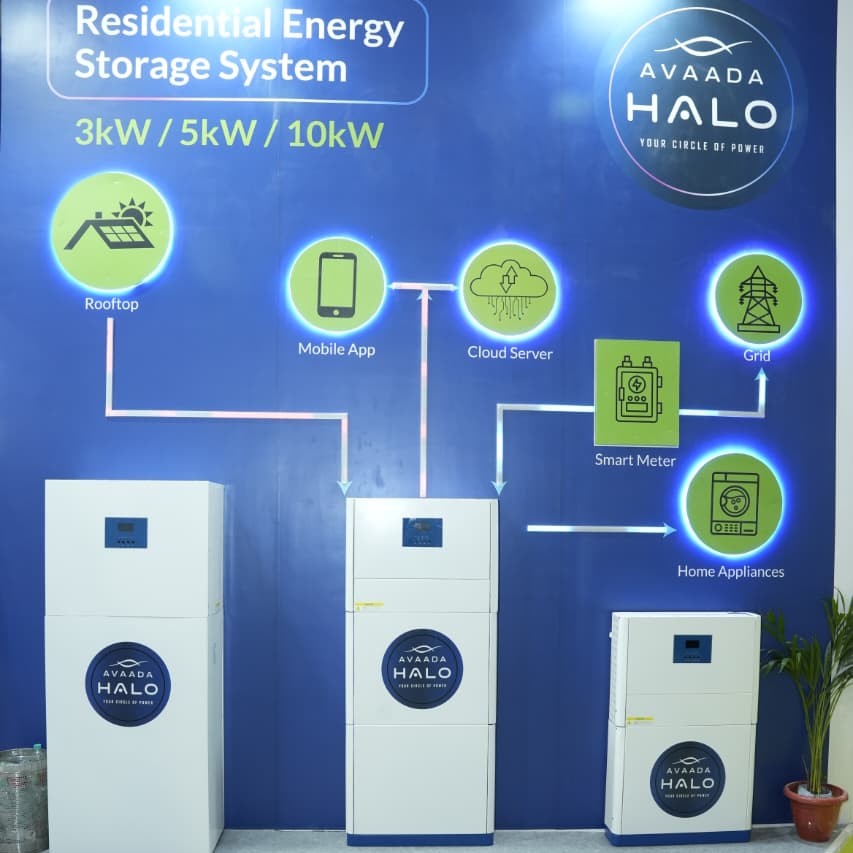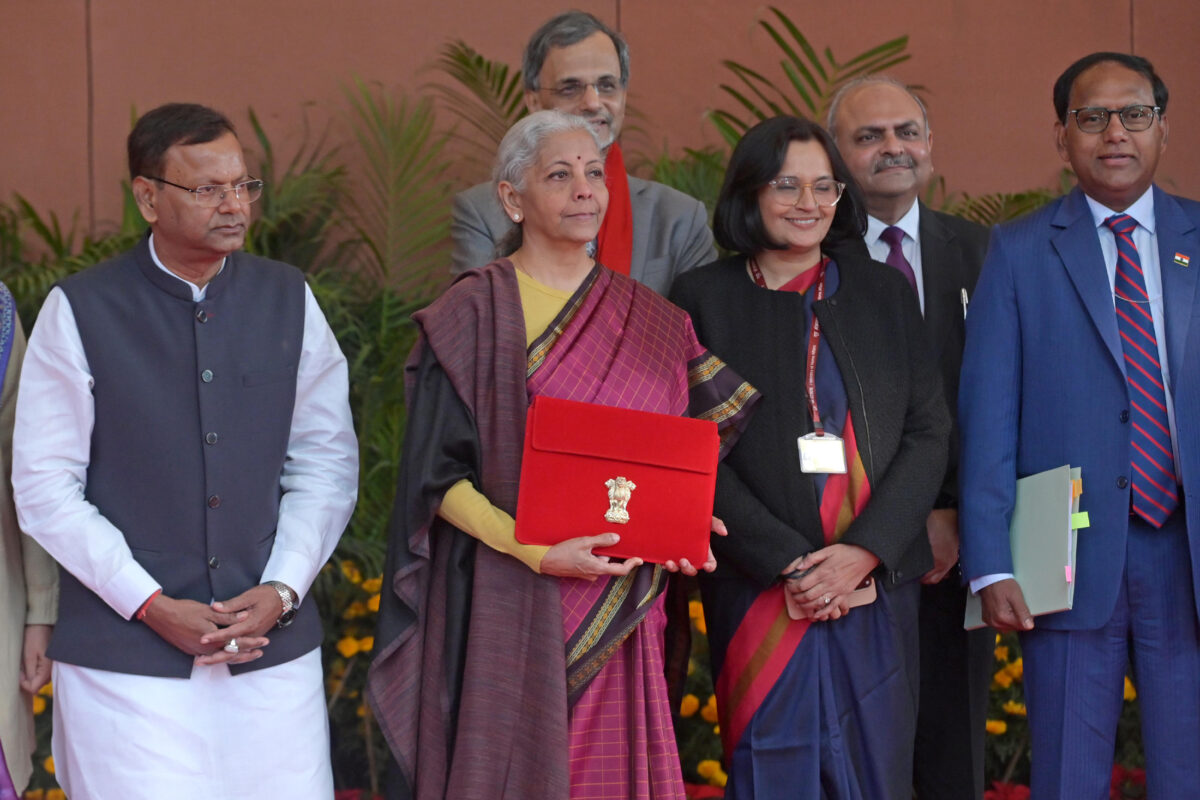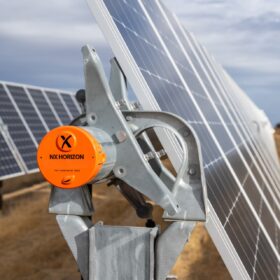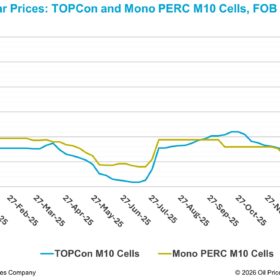Avaada has launched its ‘Halo’ hybrid battery inverter designed, developed, and manufactured entirely in India. The Avaada Halo combines an inverter and a lithium-ion battery pack into a single, compact unit that is both scalable and stackable. It is available in 3 kW, 5 kW, and 10 kW configurations, making it suitable for residential, commercial, and small industrial (C&I) applications.
“This hybrid battery inverter is easy to install, easy to use, requires zero maintenance, and is designed for long-term durability,” a company spokesperson told pv magazine during the product demo at REI 2025.
The standard Halo model features a 5 kW inverter paired with a 10 kWh lithium battery pack, consisting of two 5 kWh segments. Customers can expand capacity up to 20 kWh by stacking more units to meet their varying household or business energy demands.
The system supports solar charging, grid feed-in, and smart load management. Users can store solar energy during the day and supply power at night or during outages. That also have the option to feed excess power back to the grid during daytime, ensuring optimal utilization of renewable energy.
Unlike other systems available in the market, Avaada Halo integrates both hybrid inverter and battery into a single unit. The system’s lithium-ion battery lasts up to 10 years versus the typical 3-year life of lead-acid batteries.
Further, Halo systems can run air conditioners and other heavy household loads. It is aesthetically designed and is elegant enough to be placed in the living room, unlike bulky lead-acid systems hidden away in corners.
While the 3 kW and 5 kW models are suited for residential users, the 10 kW version is tailored for clinics, gyms, small offices, schools, and other C&I units.
Avaada “Halo” also has advanced features like mobile app connectivity, which helps to measure energy consumption, loading, remaining backup etc. Additionally, Additionally, it stores data on a cloud server, enabling AI-based insights and optimization.
Despite the advanced technology and maintenance-free design, the company claims the overall cost is comparable to conventional systems.
This content is protected by copyright and may not be reused. If you want to cooperate with us and would like to reuse some of our content, please contact: editors@pv-magazine.com.









We from Punjab national Bank required the solar UPS solution for ATM in various location, we would like to have meeting with representative in this regard
my contact no 9205234153